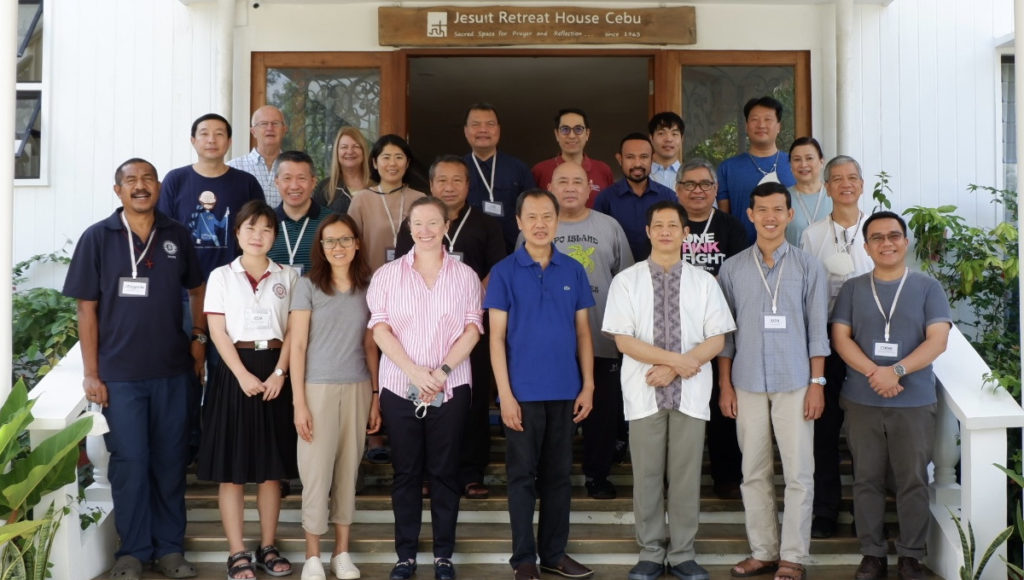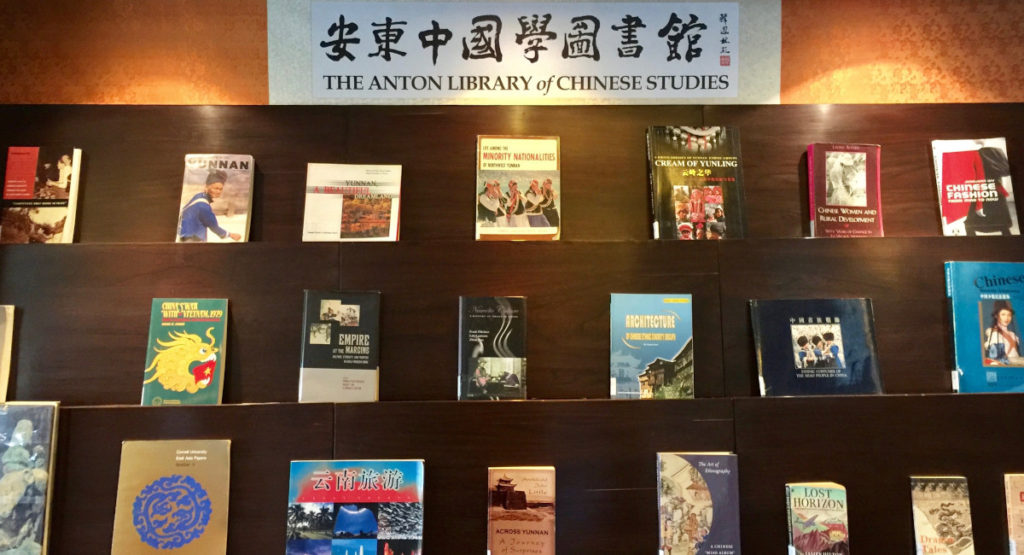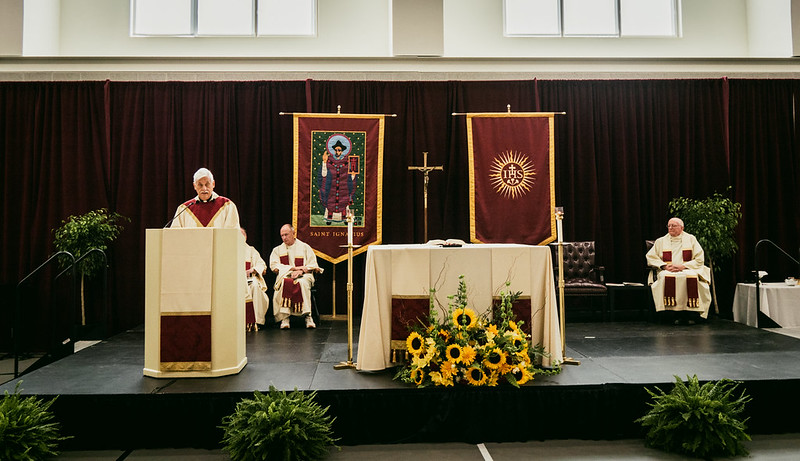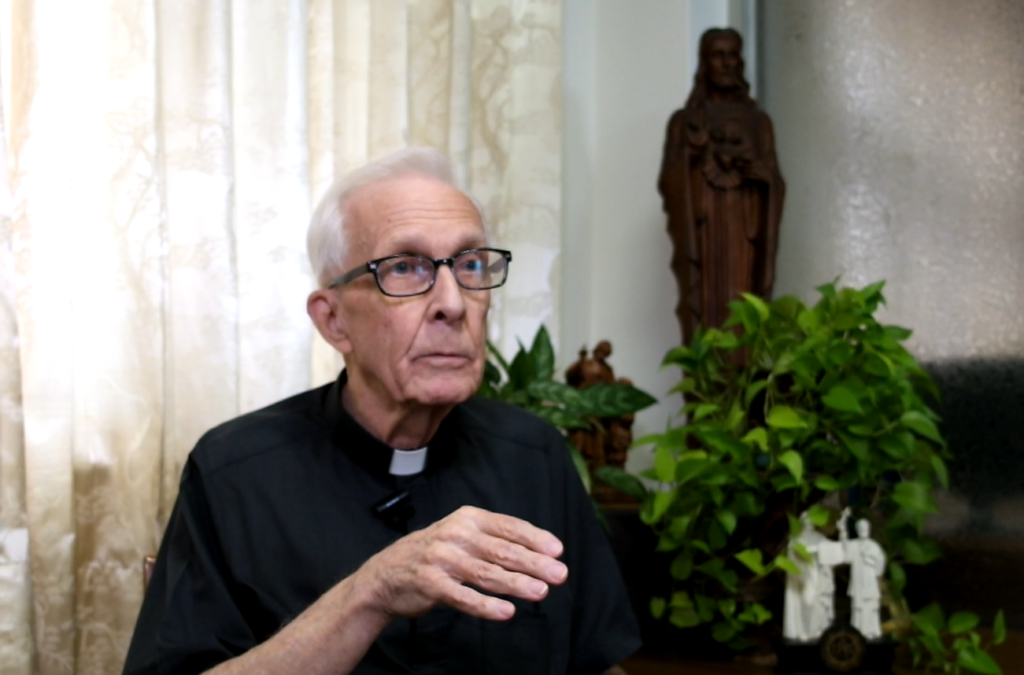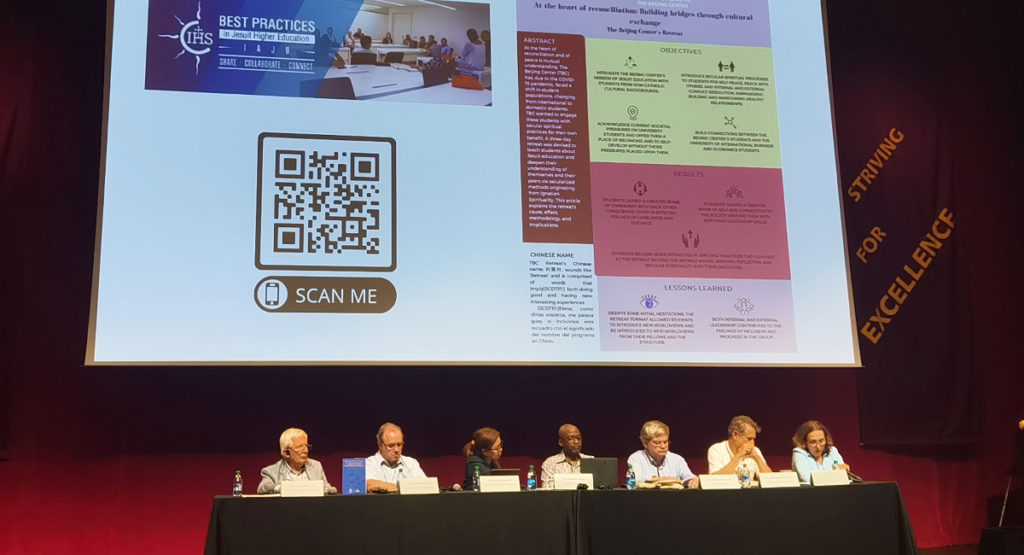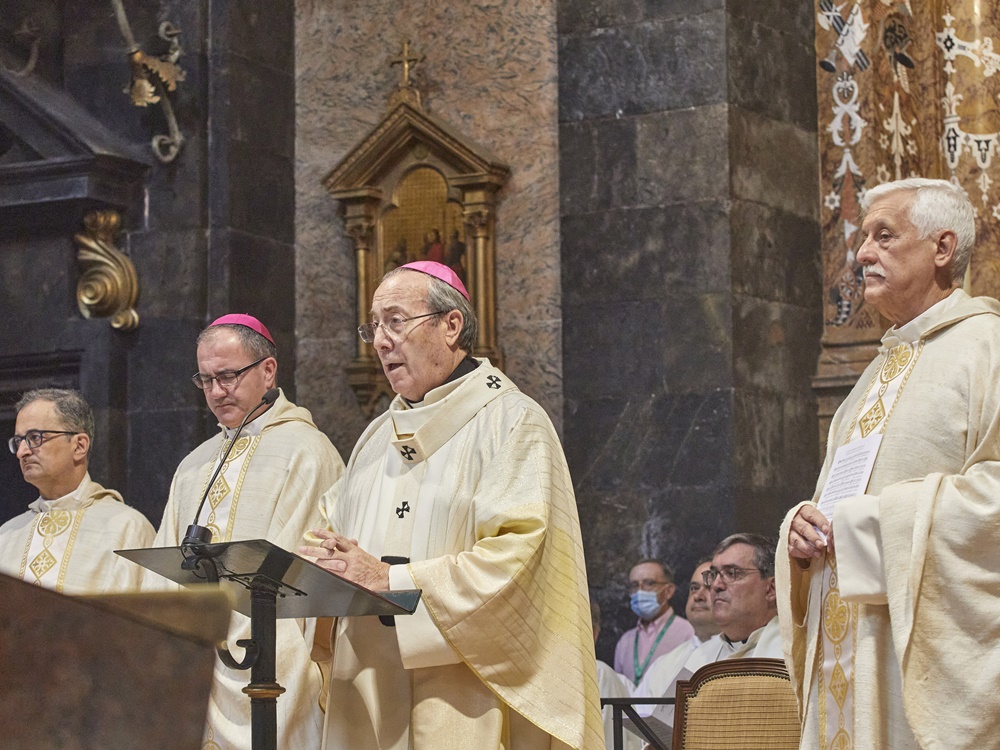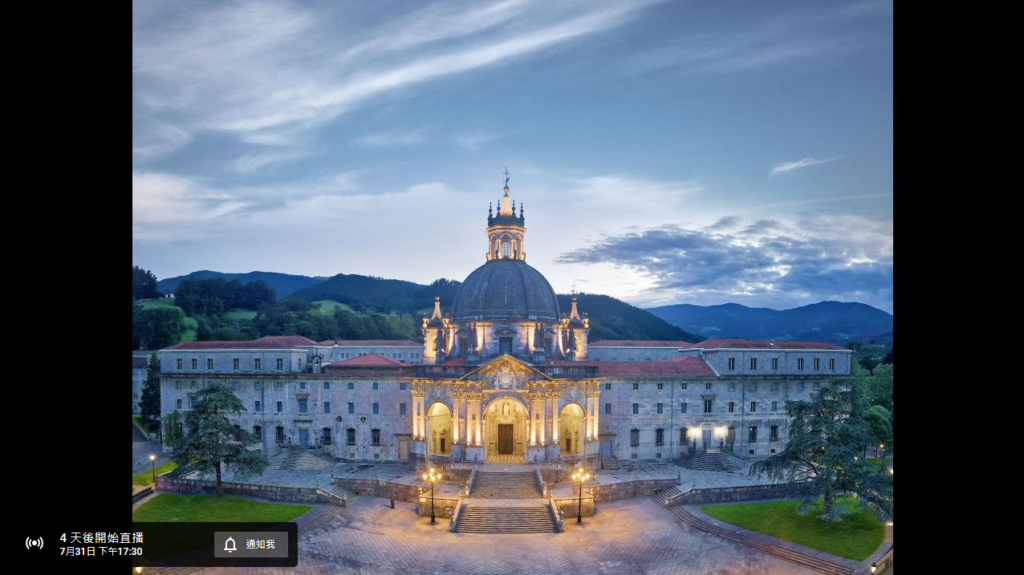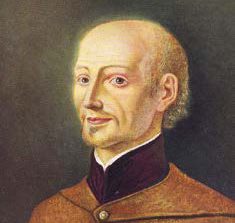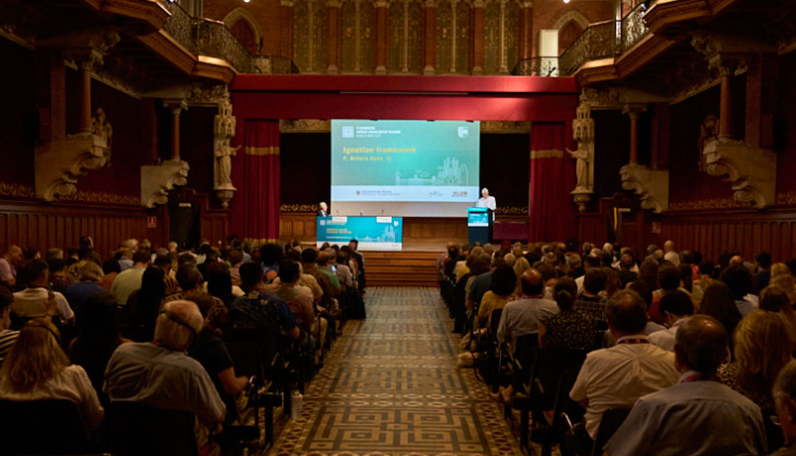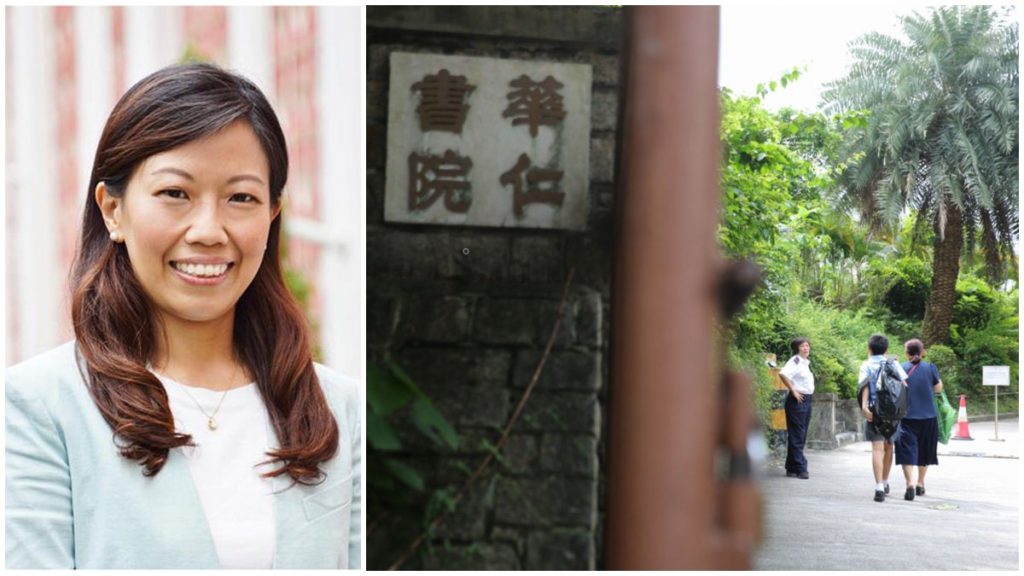“You can’t have a long face and be a development officer.” These words from Jesuit Conference of Asia Pacific (JCAP) President Fr Tony Moreno SJ certainly proved Continue reading “The joy of giving”
The joy of giving
The Beijing Center’s library is now globally searchable
In its first major update in 12 years, The Beijing Center’s Anton Library of almost 30,000 English books on and about China is now available to be perused online by anyone, regardless of membership status. Continue reading “The Beijing Center’s library is now globally searchable”
The Future Is Global: TBC and the IAJU 2022 Worldwide Assembly
This month, The Beijing Center attended the IAJU 2022 Worldwide Assembly at Boston College. What a week! The International Association of Jesuit Universities was started in 2018 and approved by Fr. Arturo Sosa Continue reading “The Future Is Global: TBC and the IAJU 2022 Worldwide Assembly”
Fr. Edward J. Thylstrup went to the Lord
Fr. Edward J. Thylstrup went peacefully to the Lord during his sleep on August 22,2022 at the Infirmary in Taipei, at 1:30 a.m. Continue reading “Fr. Edward J. Thylstrup went to the Lord”
TBC featured in IAJU’s Best Practices in Jesuit education
A paper by The Beijing Center (TBC) has been published in the “IAJU Best Practices in Jesuit Higher Education Project,” an initiative coordinated by the Kircher Network and composed of contributions from the International Association of Jesuit Universities (IAJU) regional networks. Continue reading “TBC featured in IAJU’s Best Practices in Jesuit education”
Today’s world needs people who commit themselves fully
On 31 July 2022, we celebrate the feast of St Ignatius. Loyola is the place where it all began for this man: he was transformed by the grace of a call from the Lord. Continue reading “Today’s world needs people who commit themselves fully”
Closing Celebration of The Ignatian Year
Sunday 31 July, the feast of St Ignatius, will mark the end of the Ignatian Year convened to commemorate the 500th anniversary of the wound he sustained during the battle of Pamplona (Spain), forcing him to a long convalescence and inaugurating his conversion. Continue reading “Closing Celebration of The Ignatian Year”
The New Jesuit Blessed, Philipp Jeningen – What Has He Got To Say To Us?
By Anton Witwer, SJ, former Postulator of the Society of Jesus
When the Church beatifies a person who died more than 300 years, we always want to know why. What does the person still have to tell us? What is his message, and what does the beatification mean to people today? Every beatification should be desired by the Christian faithful and should contribute to the deepening of their life of faith.
The faithful’s desire was certainly evident in the celebration of the beatification of Fr Philipp Jeningen, which was led by the Archbishop of Luxembourg, Card. Jean-Claude Hollerich, SJ. A large number of the faithful gathered for the celebration on the square in front of St Vitus Basilica, where Fr Philipp is buried. The trait that best characterised the new Blessed was summed up well by Card. Hollerich, who said in his homily that Fr Philipp’s great joy was faith in God.
The significance of Blessed Philipp Jeningen for the people of today is found in his relationship with God, which shaped every aspect of his life: his witness of faith, his way of treating people, and his placing himself completely at their service. As a young man, his faith led to desire to become a Jesuit, though he had to wait until the age of 21 before entering the novitiate in Landsberg. The same faith prompted him to ask Fr General in numerous letters to be sent to the missions, and it was faith again that inspired him in his tireless pastoral service.
It was particularly in Ellwangen, from 1680 until his death on 8 February 1704, that Fr Philipp showed himself to be a true ‘people’s missionary’. Traveling through the villages of the region, he sought to console people, reveal to them God’s love, and increase their hope and trust in God. He lived the discipleship of the crucified Lord as a ‘humble pilgrim’ and so was able to show others the way of faith and walk the path together with them.
He was called ‘the good Father Philipp’ not only because he offered much help to the needy but also because people saw him as a ‘man of prayer’, as an intercessor for those who came to him with their needs. He did not do great things that gained him special fame, but he was much loved and regarded as ‘the good Father Philipp’ because of the simplicity of his life and his way of living the faith. Because of this, everyone could easily turn to him in their needs and ask for his prayers.
Veneration of the new Blessed began soon after his death and even survived the suppression of the Society of Jesus. Thus the image of the ‘good Father Philipp’ has remained alive among the people of Ellwangen to this day, as shown by the graces received and recounted by many people, especially the miracle attributed to his intercession and recognised by the Church. The hearing process for the miracle highlighted not only the special devotion of the family of the healed person for Blessed Philipp Jeningen, but also the great veneration he enjoys throughout the Ellwangen region. The special places of his veneration are his grave in the basilica of Ellwangen and the Marian shrine on Mount Schönenberg, where he carried out his pastoral work among pilgrims.
On the eve of the beatification, the faithful held a “candlelight procession” from Schönenberg to the basilica in Ellwangen, recalling the path that Blessed Philipp Jeningen had walked so many times, praying for people in need. Bearing their candles, they manifested how Fr Philipp had truly become a “beacon of faith” for many people. The celebration of the beatification recalled his example of faith and was a clear testimony that the light of the good Fr Philipp still shines today: the example of his life illuminates the faith of believers and encourages the desperate and suffering people who invoke his intercession.
A culture of collaboration to become persons with and for others
On Thursday, 14 July, Fr. General Arturo Sosa SJ spoke during the X Congress of the World Union of Jesuit Alumni (WUJA) at the San Ignacio Sarria College in Barcelona.
During his talk, Fr. Sosa made an invitation to continue the conversation initiated by Fr. General Arrupe almost 50 years ago with the Jesuit alumni, where he invited them to become persons for and with others. This invitation is still valid today in our current context and Fr. Sosa wants to expand it, so that Jesuit alumni become true partners in the mission of reconciliation and justice that the Church has entrusted to the Society of Jesus.
Fr. Sosa is aware that this invitation will require that both alumni and the Society of Jesus foster a culture of collaboration for a shared mission, based on the gifts that God has given to each one of us and under the guide of the Universal Apostolic Preferences. Although it is true that collaboration in the mission has deepened in recent years with the contributions of many lay persons who carry out the works of the Society of Jesus, this invitation from Fr. General is a new and challenging step in the relationship between the Society of Jesus and its alumni.
Appointment of New School Principal
The School Sponsoring Body of Wah Yan College, Kowloon has announced today the appointment of Ms Cecilia CHOW as the School Principal with effect from 1 September 2022. Ms CHOW succeeds Principal CHUNG Warren, who will retire after being at the helm of his alma mater for nine years, serving with great devotion and dedication.
Please click here for details:
https://wyk.edu.hk/news/appointment-of-new-school-principal/

